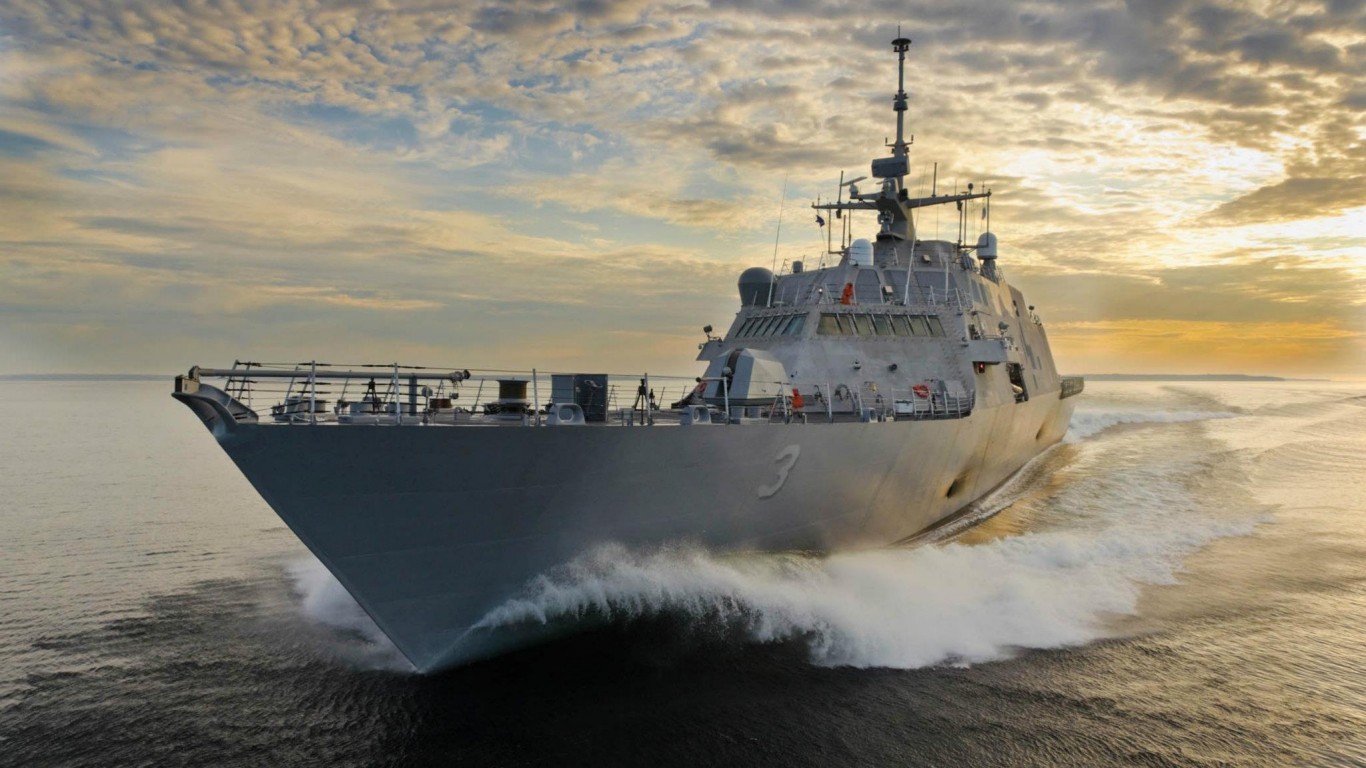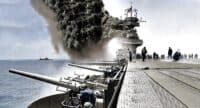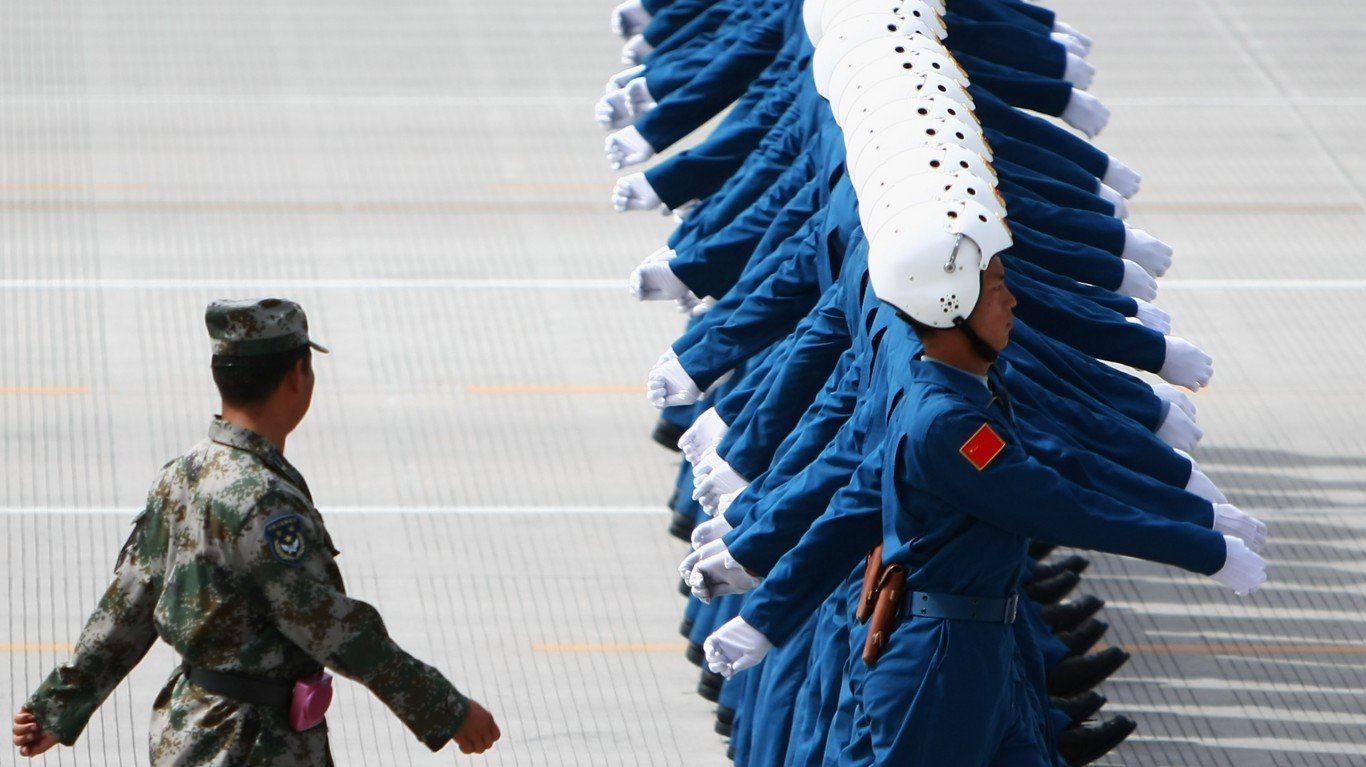

For the nation that wrote the book on war, China has not enjoyed much military success in the modern era. The People’s Liberation Army (PLA) is the world’s largest military but it has some major shortcomings. With lofty ambitions for the 21st century, the PLA has its work cut out. This article will detail some of the PLA’s key military weaknesses.
Why This Matters
China’s status as an emerging superpower is a cause for alarm in the West, yet it is still a long way from surpassing the US militarily. Understanding the PLA’s shortcomings will provide a keen insight into China’s future foreign policy goals.
Lack of Combat Experience
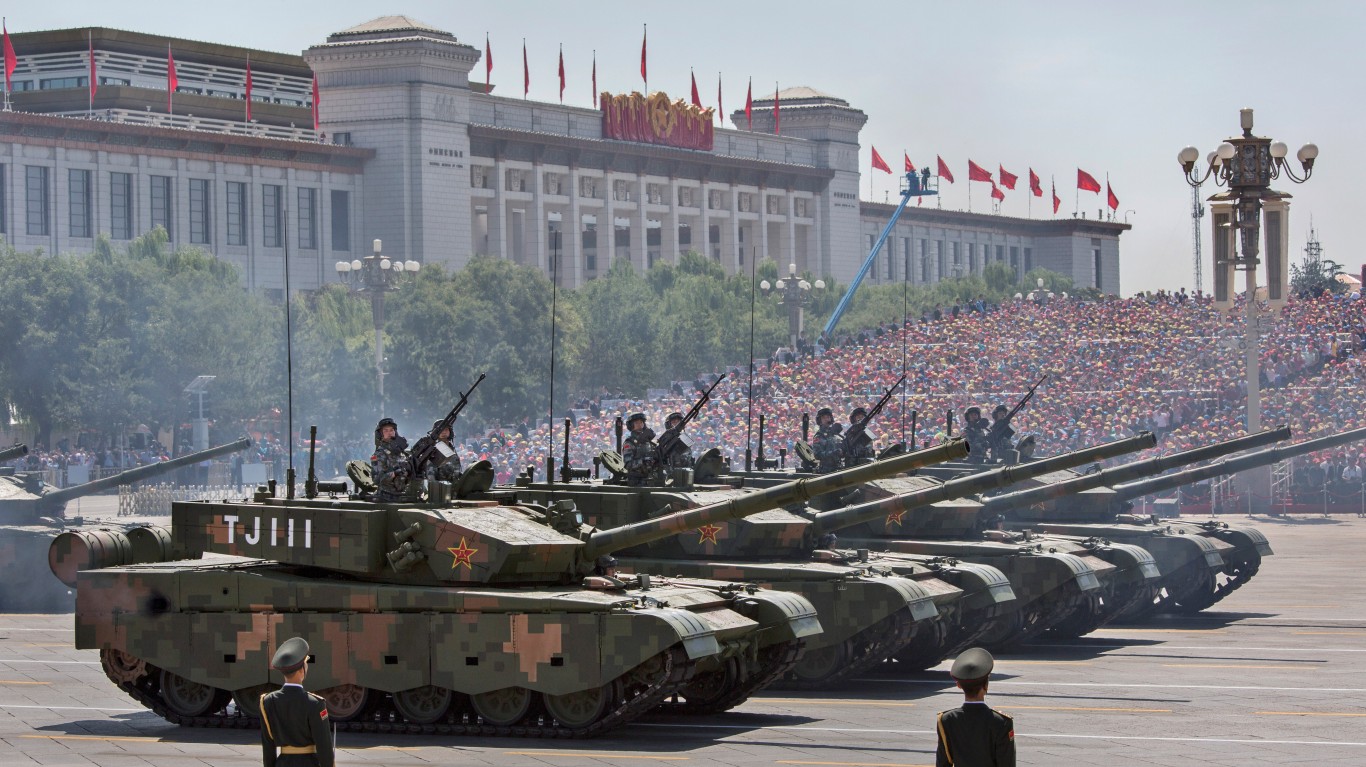
China has not been at war since 1979. The Sino-Vietnamese War was a brutal conflict that ended with a Chinese withdrawal after just four weeks. The Chinese numerical advantage counted for little as the Vietnamese more than held their own. Years of border skirmishes followed until the normalization of relations in 1991.
History shows that a lack of relevant combat experience severely impedes a military’s overall efficiency. Doctrines written up in peacetime seldom survive first contact with the enemy. Take France and Great Britain’s poor combat performance in 1940. After victory in the First World War, the two primarily engaged in colonial policing while German volunteer units gained important experience in Spain.
The PLA is well aware of this shortcoming which it refers to as 和平病 (“peace disease”). The main symptoms of this ailment are a lack of training intensity and combat readiness. China has expanded its role in UN peacekeeping missions and conducted joint training exercises abroad.
Ineffective Training and Education
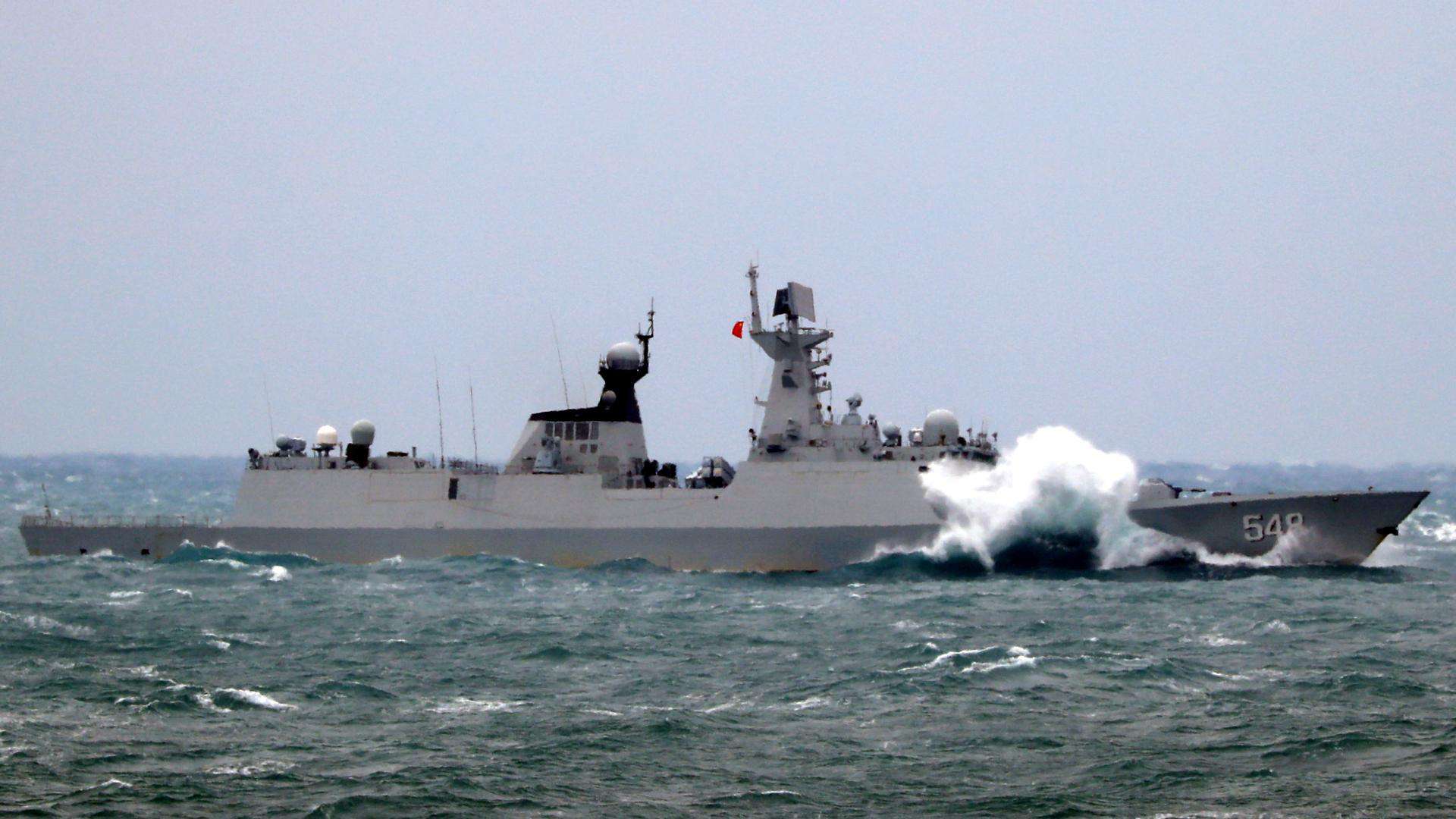
Because China lacks real combat experience, the PLA has grave concerns over the quality and realism of its training. Bureaucratic thinking has long hampered the PLA’s ability to train its soldiers effectively. Political loyalty and ideology were core components of China’s military education. Political loyalty is still paramount, the PLA swears loyalty to the party, not the state. Some enterprising officers have taken a novel but risky approach: using the enemy to train. Chinese submarines have been reported to have gotten dangerously close to American carrier groups while planes have flown perilously close to enemy aircraft.
Recruitment
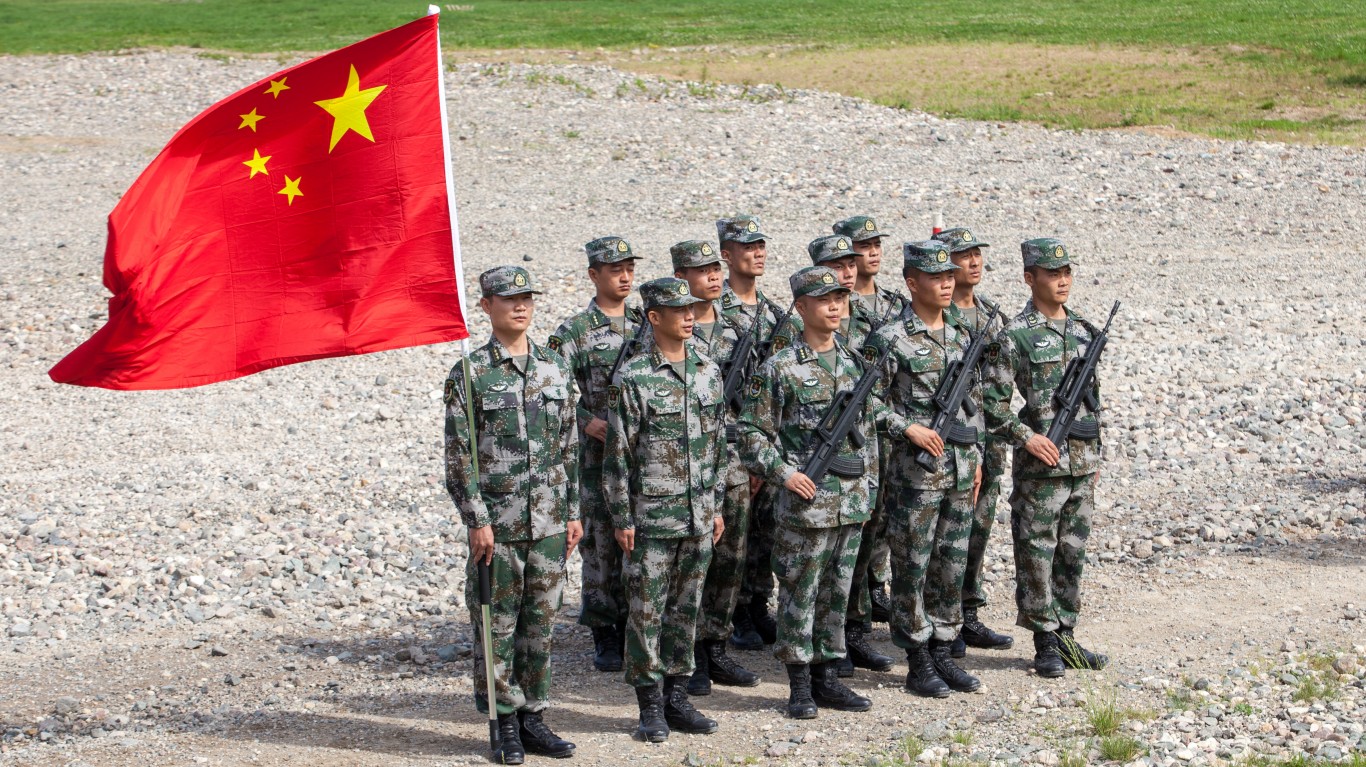
The PLA’s weakness in recruitment stems not from the quantity of recruits but the quality. China’s military is part conscript, part volunteer. About 35% of the PLA are two-year conscripts largely drawn from poor rural areas. China needs about 400,000 young people to volunteer for the military each year and uses conscription to make up for any shortfalls.
Poor pay and working conditions mean China has a serious problem attracting talent to its military. Serious efforts have been made to attract college-educated recruits to serve as NCOs and officers. To facilitate the induction of more college graduates into the military, the conscription cycle was moved forward three months in 2013 to align with graduation.
Leadership
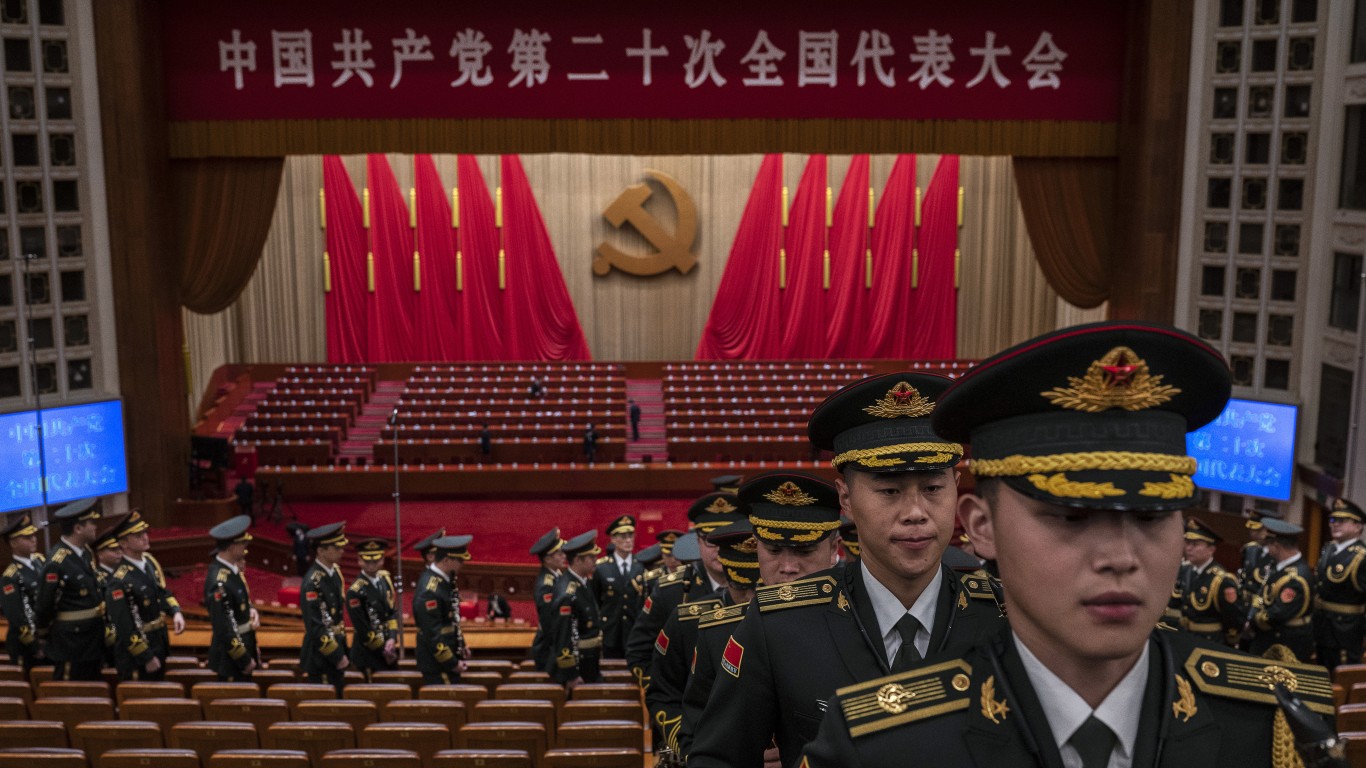
Corruption is a major problem for the PLA while it also has serious misgivings over the ability of its officers to command in modern war. This poor quality leadership permeates down to its non-commissioned officers (NCOs). NCOs are a vital part of an army’s fighting effectiveness as the conduit between the enlisted men and commissioned officers. A lack of understanding and accord between NCOs and officers is a major problem. The PLA has identified “five incapables”, that its officers cannot:
1 – Judge situations
2 – Understand the intentions of superior officers
3 – Make operational decisions
4 – Deploy forces
5 – Manage unexpected situations
Shakeups in the upper echelons of the PLA are ongoing, with purges of senior generals taking place in early 2024. Xi Jinping’s regime has clamped down on corruption and introduced reforms to combat the malaise. It remains to be seen how effective these measures will prove to be.
Lack of Alliances
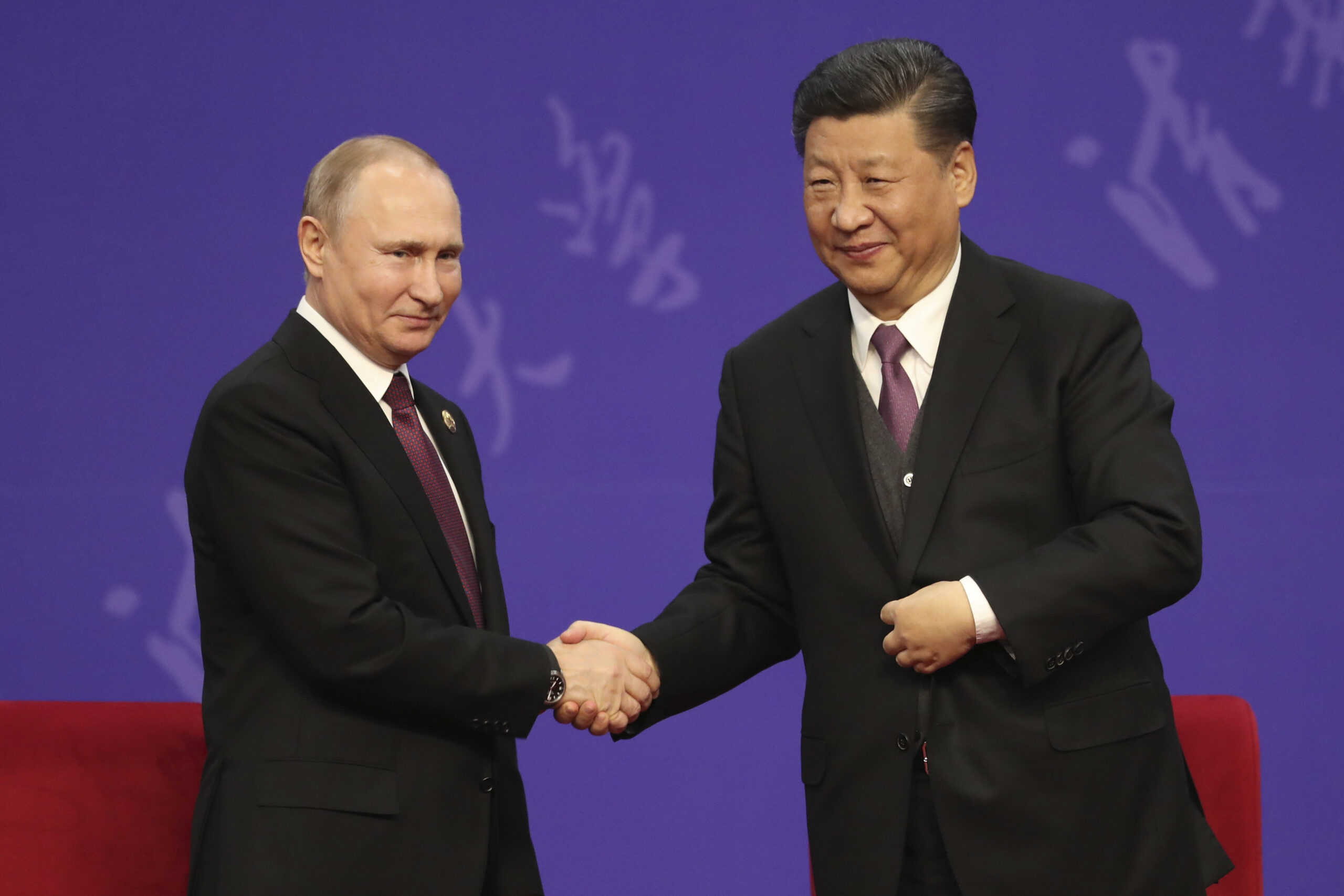
China is a member of the informal bloc of developing economies known as BRICS. The group was founded in 2009 by Russia as BRIC (Brazil, Russia, India, and China) and became BRICS when South Africa joined in 2011. BRICS is not a military alliance but a loose bloc of countries seeking cooperation. Other nations have since joined, accounting for almost half the world’s population.
China’s involvement in the group and investments in developing countries indicate a more outward-looking foreign policy. However, Beijing lacks formal allies to call upon in times of war. China’s relations with Russia have a long and complicated history. Beijing and Moscow have become more closely aligned in recent years but are still short of becoming formal allies.
Conclusion
The PLA has undoubtedly made major advances in its quest to become a world-class military but still has major weaknesses. As yet its military strength is largely unproven. The PLA is working to address core weaknesses but identifying problems is only half the battle. If it wishes to challenge American military hegemony seriously, China still has a long way to go.
ALERT: Take This Retirement Quiz Now (Sponsored)
Take the quiz below to get matched with a financial advisor today.
Each advisor has been vetted by SmartAsset and is held to a fiduciary standard to act in your best interests.
Here’s how it works:
1. Answer SmartAsset advisor match quiz
2. Review your pre-screened matches at your leisure. Check out the advisors’ profiles.
3. Speak with advisors at no cost to you. Have an introductory call on the phone or introduction in person and choose whom to work with in the future
Take the retirement quiz right here.
Thank you for reading! Have some feedback for us?
Contact the 24/7 Wall St. editorial team.


